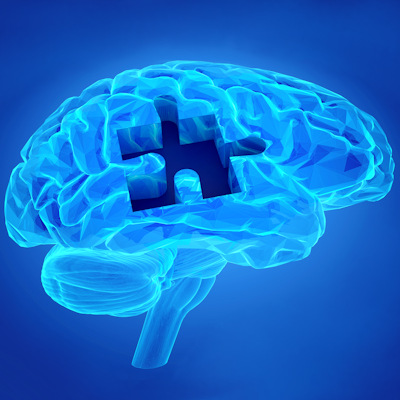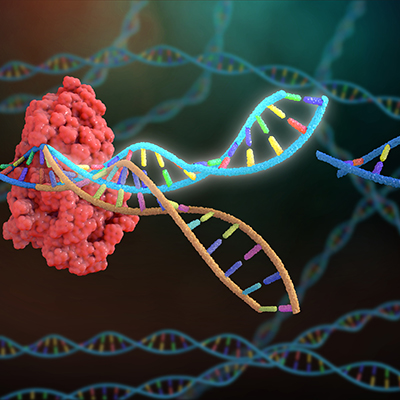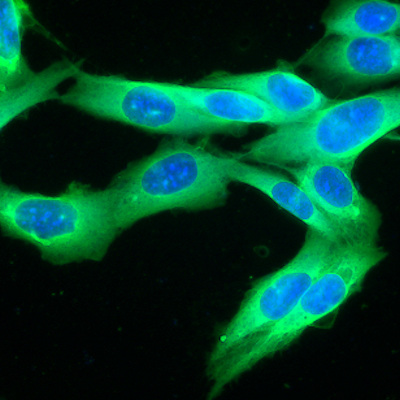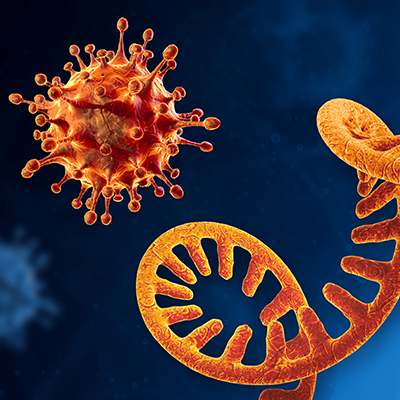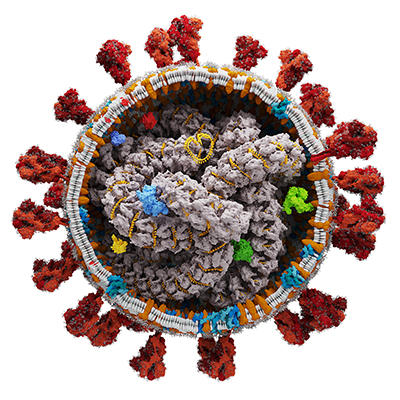April 26, 2023 -- Despite the rapid development of COVID-19 vaccines, the rise of variants forces scientists to frequently modify treatments. A new study published Wednesday in ACS Central Science describes a treatment that directly targets and degrades the viral ribonucleic acid (RNA) genome, reducing SARS-CoV-2 infection in mice.
Ideally, therapies would target mutation-resistant viral proteins, but this has proven challenging. Vaccines and antiviral drugs typically do target proteins critical to viral infection and replication, but this induces evolutionary pressure for the virus to mutate, reducing the effectiveness of existing treatments and requiring the development of new vaccines and drugs.
As a workaround, the researchers sought to target highly conserved structures within the viral RNA genome. Ribonucleases are hydrolytic enzymes that catalyze both the in vivo and in vitro degradation of RNA molecules into smaller components. Previous studies linked small-molecule RNA binders to ribonuclease L ligands (binding molecules). This created degraders that relied upon ribonuclease expression within cells, which varied across tissues. To avoid this dependency, the researchers demonstrated that attaching the organic compound imidazole to RNA could degrade the nucleic acid. They then hypothesized that attaching imidazole to an RNA-binding molecule would result in targeted degradation.
The researchers utilized this strategy to design two families of RNA degraders which target two different RNA structures within the genome of SARS-CoV-2: G-quadruplexes and betacoronavirus pseudoknots. They then appended each compound with a flexible linker and imidazole and called these molecules proximity-induced nucleic acid degraders (PINADs). By bringing imidazole into close proximity to the RNA, both PINADs were able to degrade the SARS-CoV-2 RNA. They then demonstrated that these novel molecules could degrade their targets using cellular, in vitro, and in vivo SARS-CoV-2 infection models.
In addition, the compounds were effective when tested in cells infected with SARS-CoV-2 and its Alpha and Delta variants. Significantly, when the researchers administered the degrader to mice infected with SARS-CoV-2, the viral load in the mice was reduced, as were levels of a viral infection and replication biomarker.
The researchers say that their system should allow any RNA-binding small molecule to be converted to a PINAD, so that it could potentially be used to target and destroy other disease-related RNAs. They believe their method could be adapted to fight off many viruses, as well as treat various other disorders, including Alzheimer's disease and Huntington's disease.
"Nature has evolved intricate machinery to target and degrade RNA, and some of these molecular mechanisms can be adapted for therapeutic use," write the researchers. "Our strategy allows any RNA binding small molecule to be converted into a degrader, empowering RNA binders that are not potent enough to exert a phenotypic effect on their own. PINAD raises the possibility of targeting and destroying any disease-related RNA species, which can greatly expand the space of druggable targets and diseases."
Copyright © 2023 scienceboard.net




